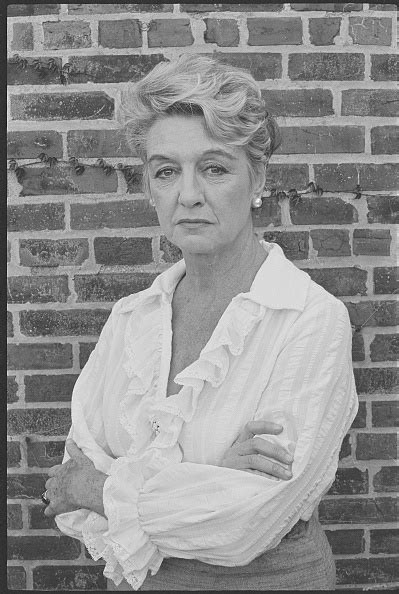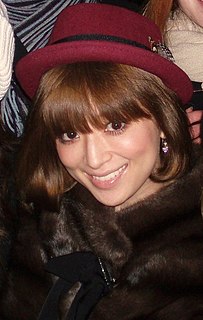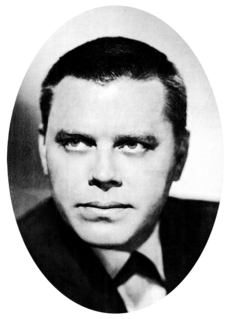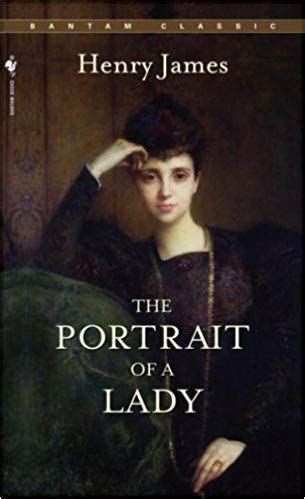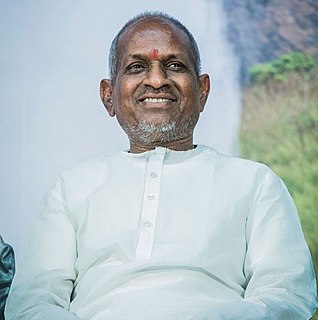A Quote by Sunny Ozell
To me, soul music is anything that is made from the heart, and therefore moves the listener; it's not overly self-aware, and leaves room for the listener to make their own conclusions.
Related Quotes
Telling purposeful stories is interactive. It's not a monolog. Ultimately, purposeful tellers must surrender control of their stories, creating a gap for the listener(s) to willingly cross in order to take ownership. Only when the listener(s) own the tellers' story and make it theirs, will they virally market it.
I am no theologian. I am a layman. I am among those who are preached to, and who listen. It is not for me to preach. I should not willingly forego being a listener, a man who reads the Gospels and then listens to what others say that our Lord meant. But sometimes a listener speaks out, and listens to his own voice.




